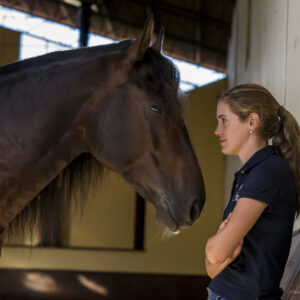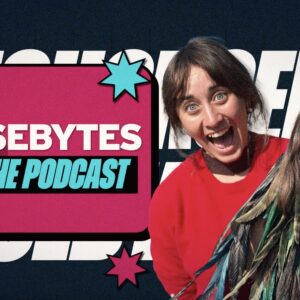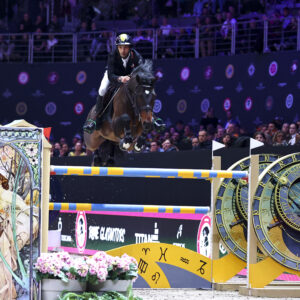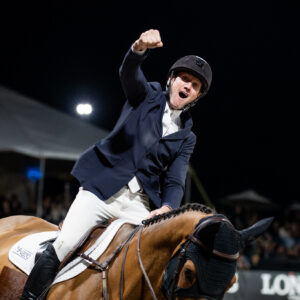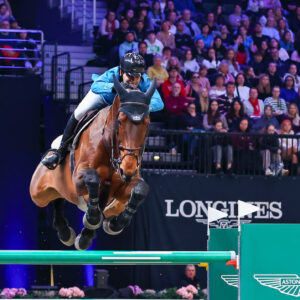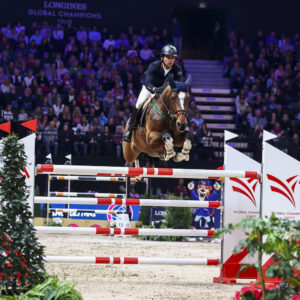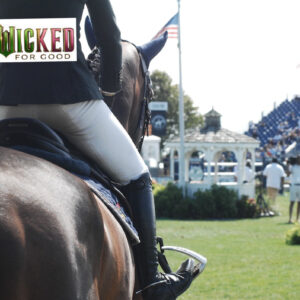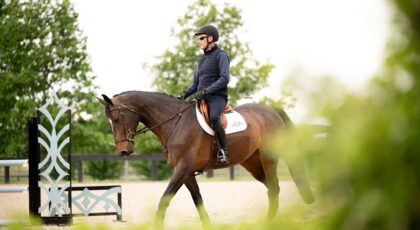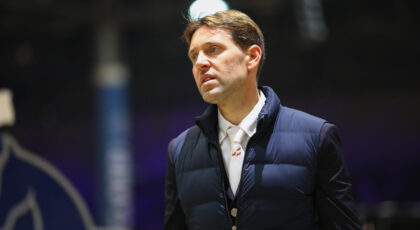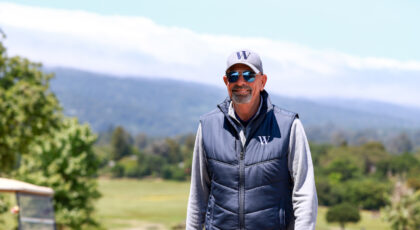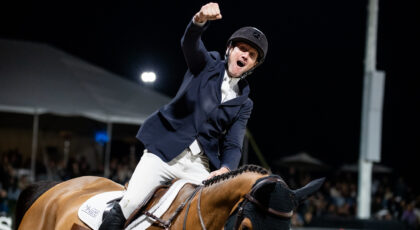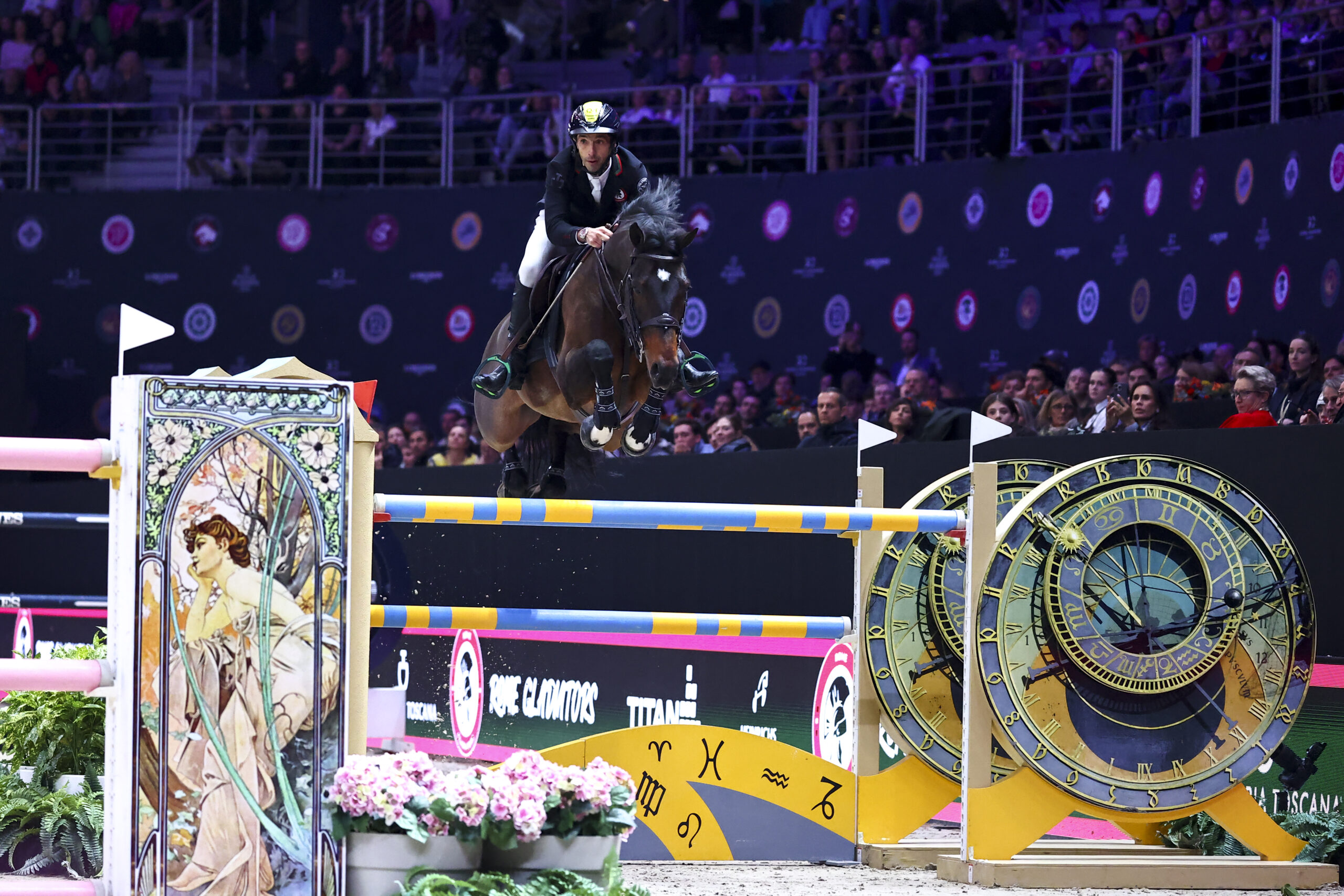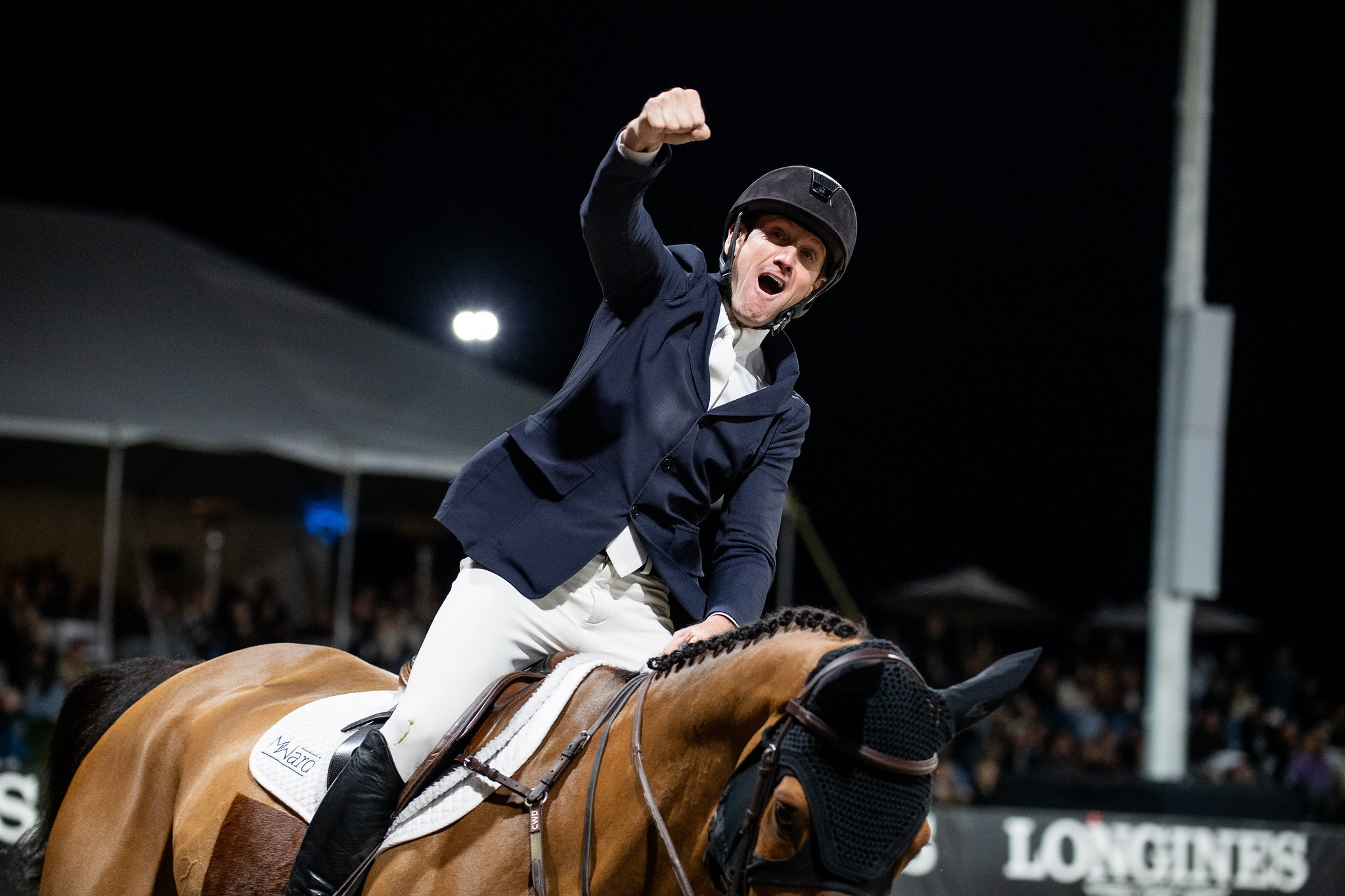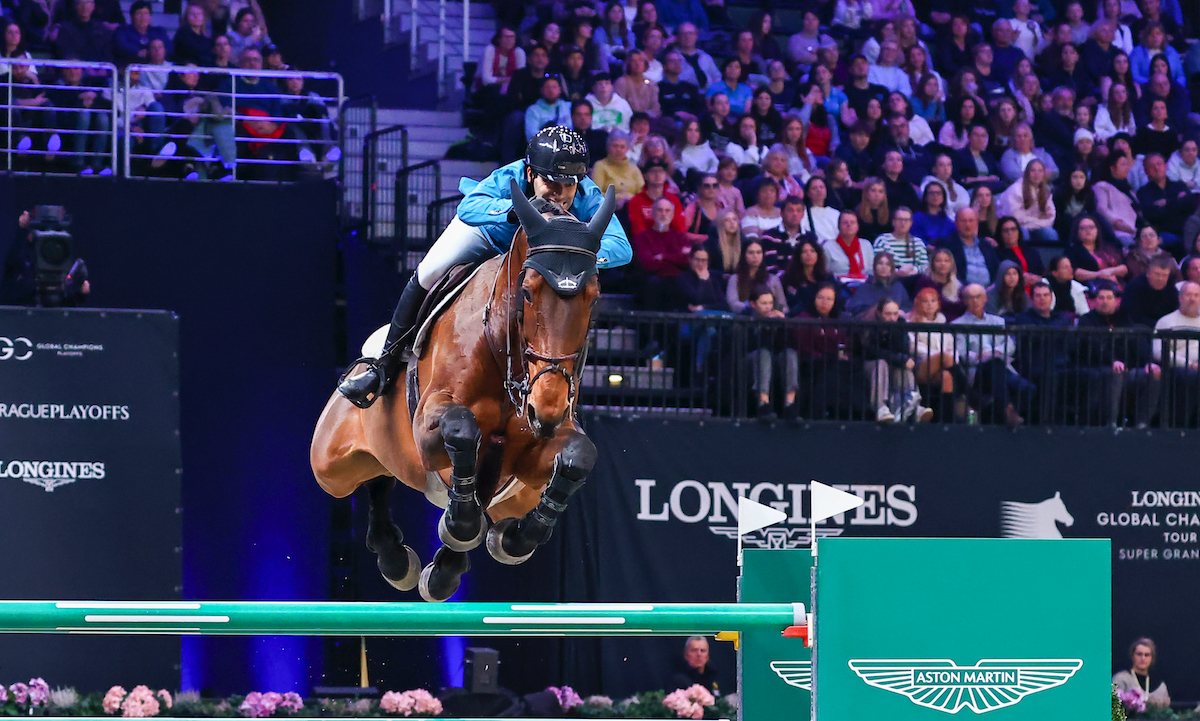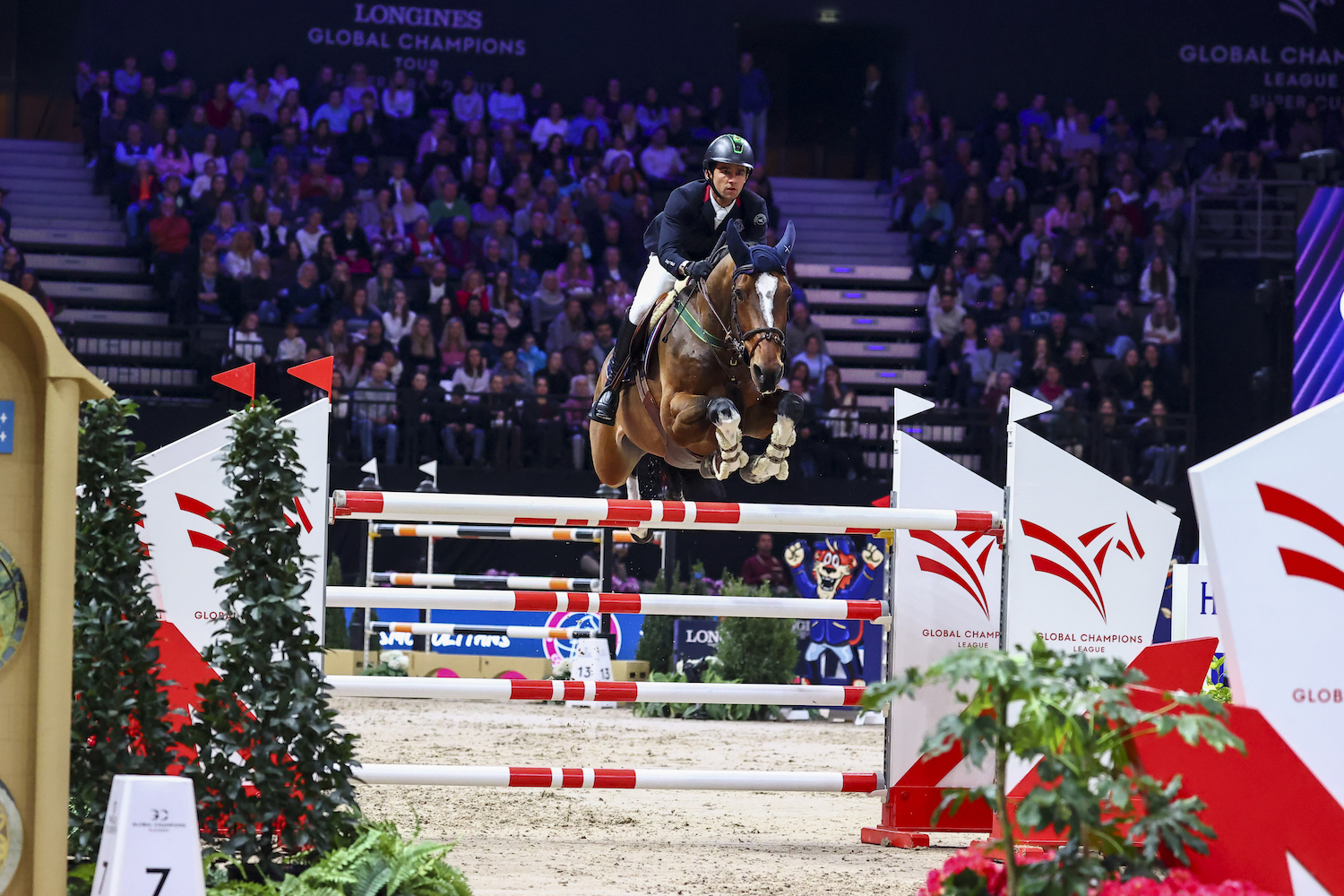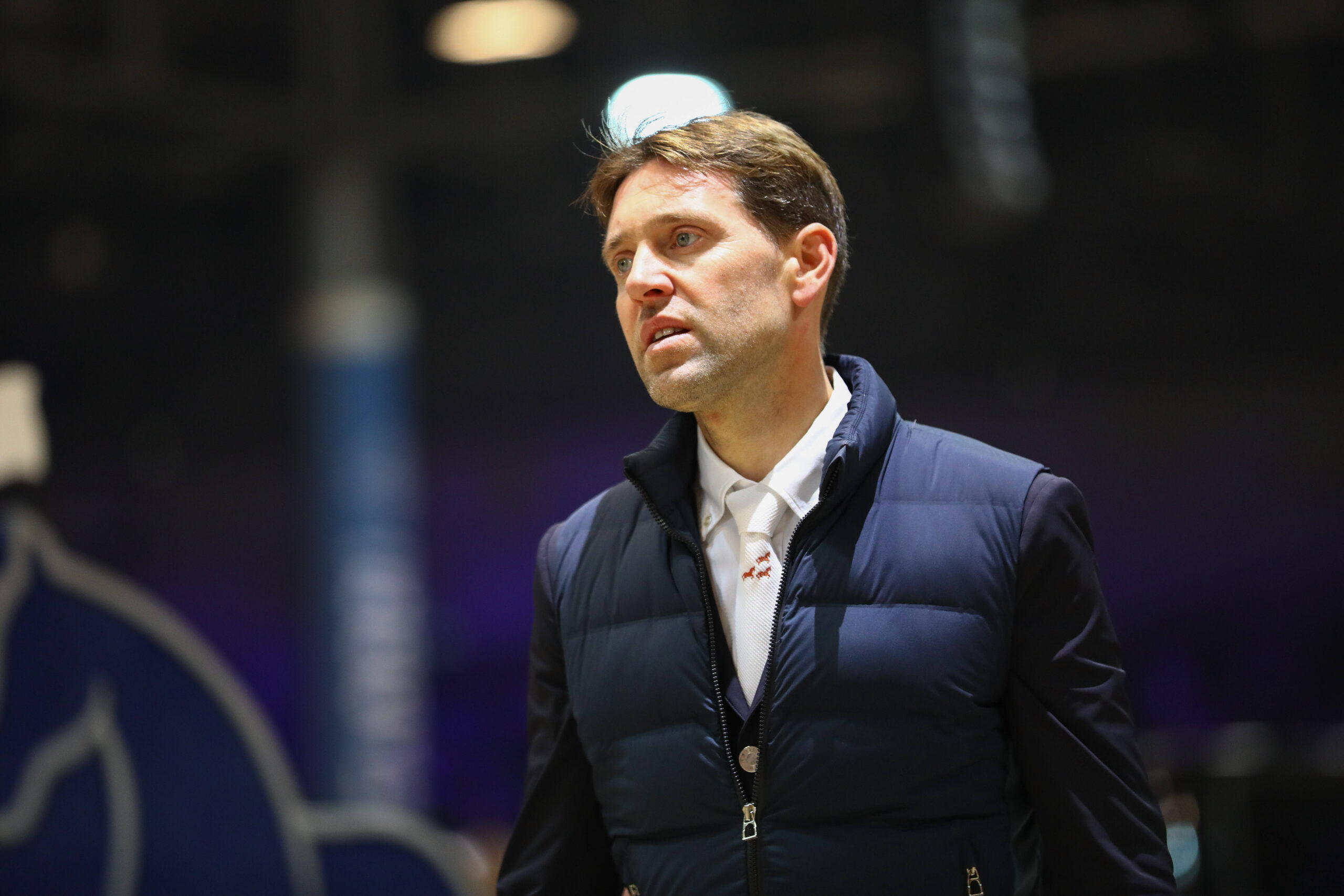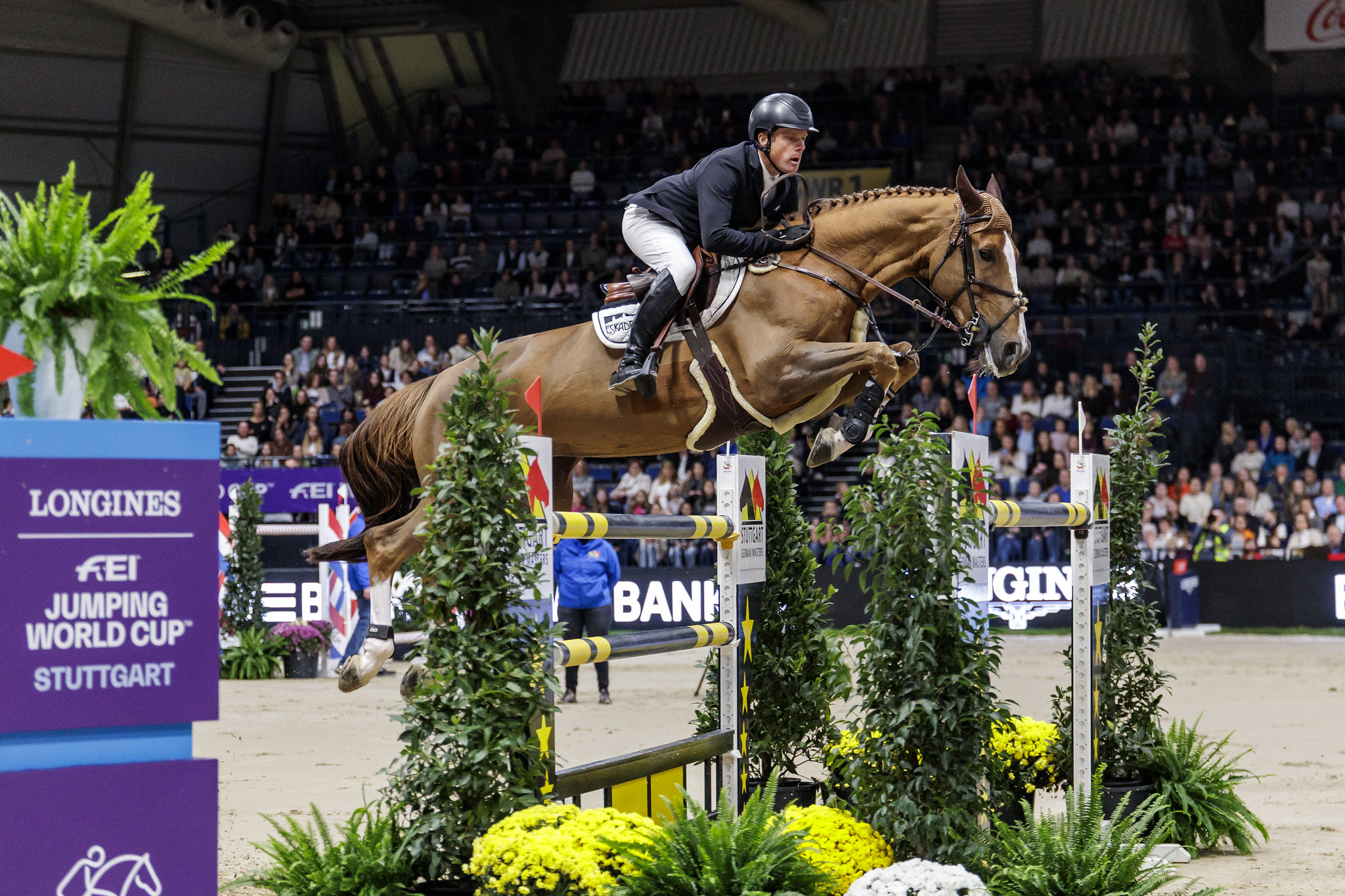Sometimes your dream horse comes ready-made for show ring success. Sometimes, he or she requires a touch more imagination.
That’s just the case for Canada’s Pia Fortmüller and Frieda, who won July’s CDI3* Grand Prix at Thunderbird Dressage in Langley, B.C last week. They took second in the Grand Prix Special the following day.
Watching the pair’s natural grace and synchronization in the ring, it’s clear they’ve spent some time getting to know one other. If, by some time, you mean the last 10 years.
“I’ve had her since she was two,” Fortmüller says of the 12-year-old Hanoverian mare she’s developed alongside her longtime partner at Dancing Feet Dressage, farrier Lars Busch. It was Busch, in fact, that first spotted Frieda at a foal auction in his native Germany.
“Lars has a real talent, a knack [really], for discovering young talents and horses. And [with Frieda], it was her quality—she’s got this aura about her. There’s just something special about it and the quality of her movement,” Fortmüller says.
“She’s definitely a horse that’s clearly talented, but she’s got a whole lot of heart, and that’s probably one of her biggest strengths—she’s a fighter, and it’s very, very special.”
It’s a long road to making a Grand Prix horse, however, and at the time she met Frieda, Fortmüller was still reeling from an unexpected tragedy. In 2014, she lost her longtime Grand Prix partner, Orion, to colic. Not long after, Lars called her from a German auction with a proposition.
“[Frieda] was two and a half at the time, [and] Lars was like, ‘I have something that’s going to cheer you up! I need to show you this horse,” Fortmüller recalls. Still overcome with loss, the Canadian rider was skeptical—and even more so when she learned the mare’s age. Busch had no such reservations.
“He’s like, ‘You just wait, you just wait Pia.’ And here we are doing Grand Prix.”
Where they are, at present, is in contention for Pan American Games selection. Fortmüller admits that making the Games, which are slated to take place in Santiago, Chile this fall, is on her radar. But she’s learned to hone her focus, instead concentrating on riding competent tests—a technique she learned from one of the best in the business.
“Steffen Peters gave me some really good advice this winter. He said, ‘Pia, don’t ride the scoreboard. You have to ride the test.’ Because when you’re trying to qualify [for the Team], everybody gets score-fixated,” she says.
“[The Pan Ams] are 100 percent on our radar, [but] I’m not focused on the end goal, I’m focused on the next step in front of me.”
Keeping a gentle hand on the pressure valve is also important, Fortmüller says, in order to continually instill confidence in her “super-sensitive” mare. Like many high-caliber performance horses, Freida needed extra time to adjust to seemingly small training adjustments, like simply carrying a whip, or to making the leap to series changes.
“She learned single changes really quickly but on the step up to Prix St. George and series changes, that was a big leap for her,” shared Fortmüller. “I took a step back and didn’t show her. We just schooled. That was probably the biggest stand out moment. Sometimes it’s just taking a deep breath, taking a step back, letting your confidence settle before taking the next step forward.”
These days, Fortmüller’s primary focus in the ring is maintaining the correct balance when transitioning from Freida’s expressive trot work into a more settled canter.
“She gets in the canter, [and] she wants to just get a little bit too much in a knot,” she explains. “[But] we’re starting to take the real relaxation that we can get in the warm up over to the test and we’re just going to keep building on that.”
Having the time to learn what makes your equine partner tick is one benefit to a decade-old partnership. Another is building upon your competition experiences together. While Fortmüller acknowledges that some criticize the European Young Horse Tour for asking too much, too soon, of developing horses, for Freida, she believes it was an essential building block.
“Honestly, Lars and I say this all the time, but had we not had those opportunities to take her out as a young horse [in a big stadium setting] we for sure wouldn’t [be where we are],” Fortmüller says, adding the Freida competed not only in the Five-Year-Old Championship in Europe, but also in the Developing Grand Prix classes in Wellington, Florida, the following year.
According to Fortmüller, being exposed to big competition stages in a positive way helped the mare develop her focus as she matured. “[It’s important] it’s not a total shell shock going from smaller shows [to the] Grand Prix, where they have to go into a bigger stadium. Every stadium setting is intimidating, and every horse responds differently.”
tbird’s Grand Prix win marks the second, standout CDI3* performance for Fortmüller and Freida this summer. The pair also earned back-to-back wins in the Grand Prix and Grand Prix Special at the DevonWood Equestrian Center in Sherwood, Oregon in June. Whether they are chosen for the Canadian Team for this year’s Continental Championship or not, there’s little doubt that packed stadiums and championship performances will play a role in the pair’s near-future in one form or another. It’s an inevitability that Fortmüller is counting on.
“There’s still always a little bit of tension when you get into a bigger arena, but the trust factor, [in those situations, is huge]. I’ve known [Frieda] so well for so long—[and that’s] a big thing with her, because [often with] the good ones, they’re also really sensitive. I try to be really aware of that and keep building her trust,” Fortmüller says.
“[Lars and I] talk about [all we’ve been through with Freida]. Now, looking back through the end of that tunnel, it’s like, my goodness, never forget where you came from.
“It’s the journey. And the journey has been really, really special.”


 August 1, 2023
August 1, 2023 






